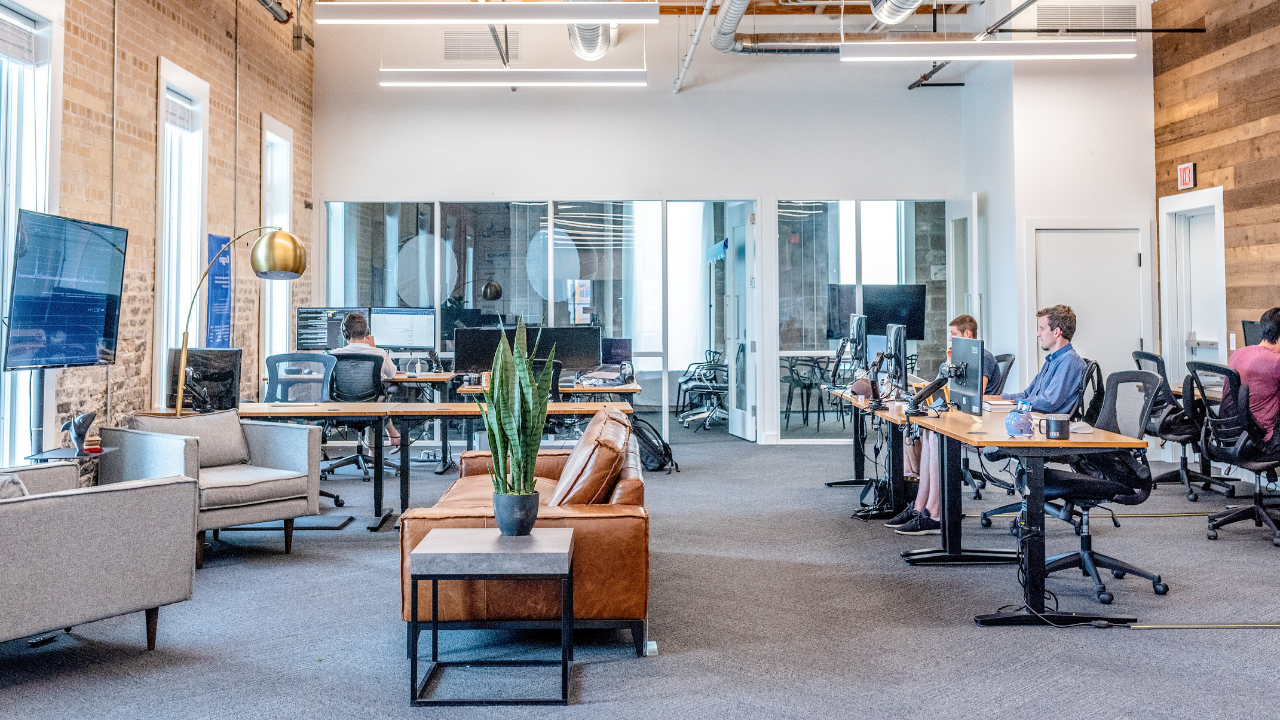Companies have addressed the challenges that come with nurturing workplace culture when operating remotely. But as organizations move towards adopting flexible and hybrid working arrangements, it could become easier for them to create a culture that values community.
When working remotely, it becomes immensely more difficult to support workplace culture, which leads to companies suffering from low retention, attraction and engagement rates.
However, through the use of flexible workspaces, businesses have the ability to broaden their talent pool and showcase that they value the employee experience.
Over the last several months, many women have been forced to leave their jobs to fulfill personal and family responsibilities. The use of flexible workspaces could help them return to the workforce and provide them a safe, healthy office to come into that is closer to their homes.
Additionally, flexible offices are often celebrated for their collaborative atmospheres. Workers are able to easily exchange ideas and boost creativity in these shared offices, which in turn helps enhance teamwork.
Flexible workspaces also make it easier to foster engagement by offering an inclusive environment where everyone has a voice. This leads to improved productivity and increased employee well-being.
Overall, organizations seeking to revamp their workplace culture throughout the uncertainty should consider adopting flexible workspaces.















